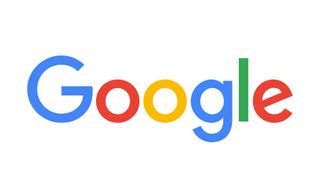CFA Report Slams Google Travel

The Campaign for Accountability, one of whose mission's is to hold Big Tech's feet to the fire, was roasting Google Friday in a report on its international activities.
CFA, whose endeavor's include the Google Transparency Project, is arguing the company was not particularly transparent about trips to Cuba, North Korea and elsewhere.
In a report entitled Google's Diplomatic Edge, the project says the company was advancing its business interests while claiming the trips were only for philanthropic or educational purposes.
For example, says the report, when Google's top execs flow to Cuba in 2014, it told Treasury, which was enforcing the U.S. embargo--that it was there for “no commercial purpose, and Google has no plans to conduct any business activities while in Cuba, calling it academic research, according to documents the project says it obtained.
And yet, says the report, "Less than two months after their return, Google announced that its web browser, Chrome, would be available in Cuba for the first time. A few months later, Google further expanded its product offering in Cuba, making available its Google Play app store and Google Analytics user-tracking software for Cuban websites."
The two could have been unrelated, but the Project suggests the contacts from that trip "opened the door" to those and other deals, culminating in an agreement "to wire-up the island with internet hotspots and connect it to the mainland via one," and, as recently as Thursday (March 28) "a peering agreement "to connect their networks through a new, physical link."
"Google’s travel applications, combined with the pattern of deals and announcements made in the wake of the trip, raise questions about whether the company was forthright in its true motives for sending its executives to the island," the report said.
Multichannel Newsletter
The smarter way to stay on top of the multichannel video marketplace. Sign up below.
The report finds similar issues with trips to North Korea and elsewhere pitched to the U.S government as other than pursuing business opportunities abroad.
Google had not returned a request for comment at press time, but Google did tell Treasury when pitching the trip that it was looking to understand the “autocratic and ghastly approach to free speech, and to map out a way to dismantle it.”
Contributing editor John Eggerton has been an editor and/or writer on media regulation, legislation and policy for over four decades, including covering the FCC, FTC, Congress, the major media trade associations, and the federal courts. In addition to Multichannel News and Broadcasting + Cable, his work has appeared in Radio World, TV Technology, TV Fax, This Week in Consumer Electronics, Variety and the Encyclopedia Britannica.

